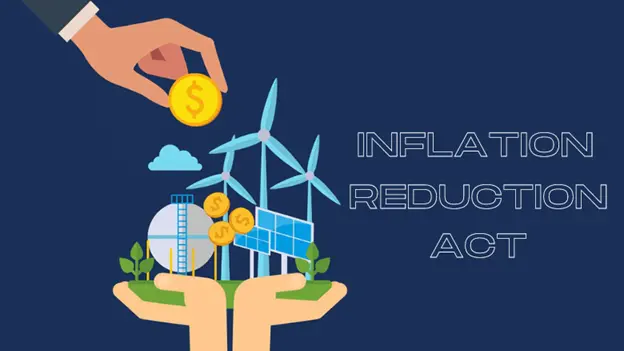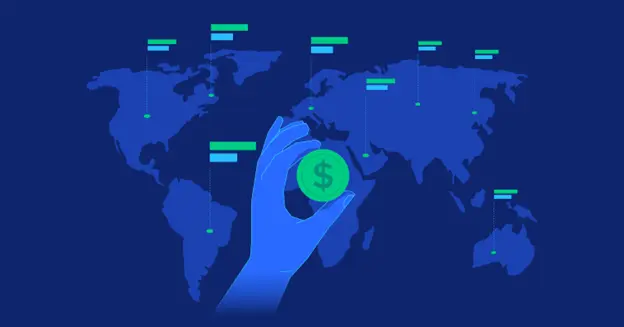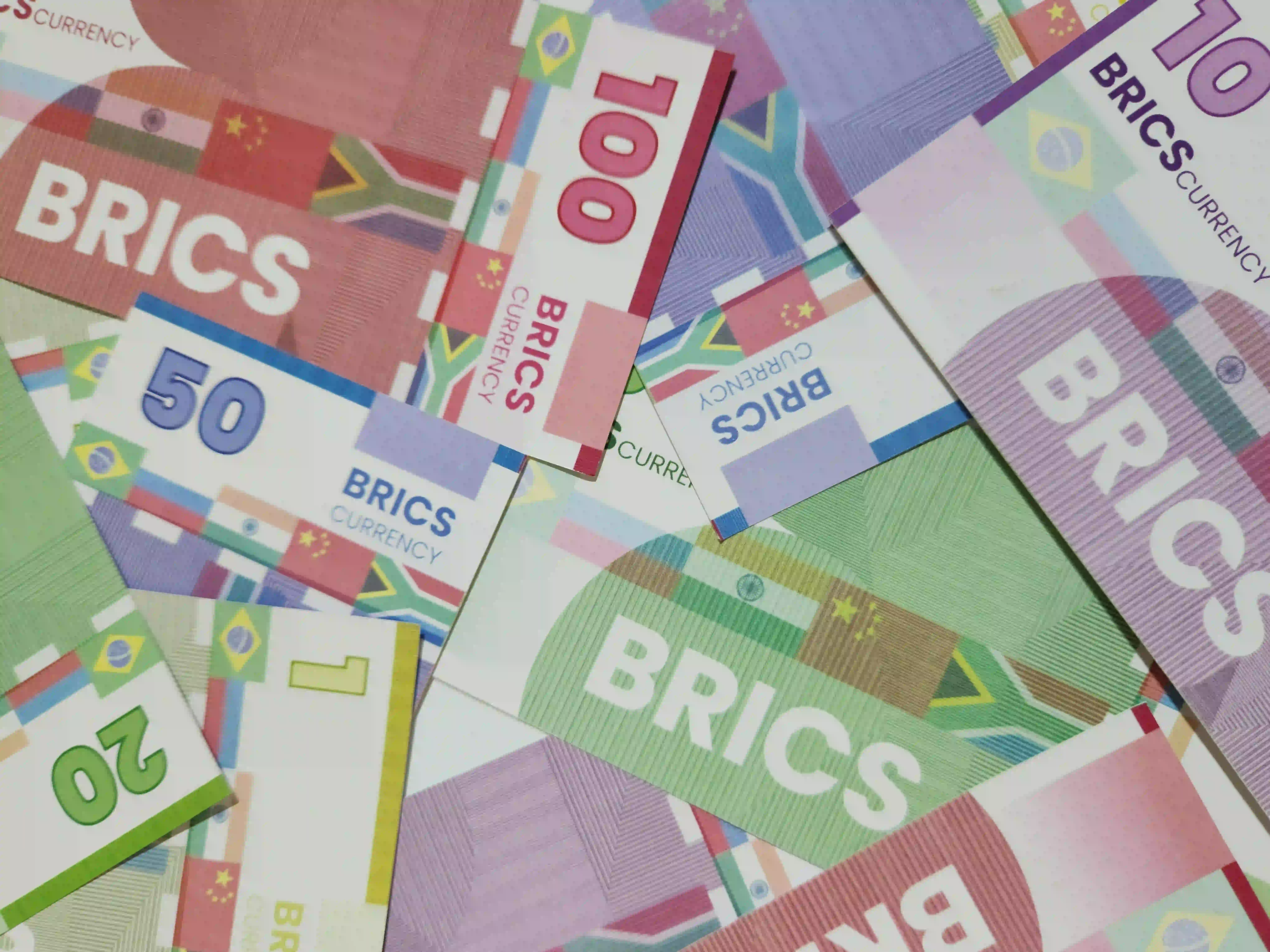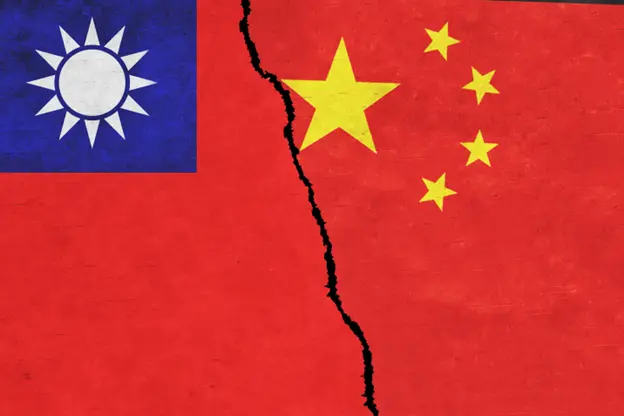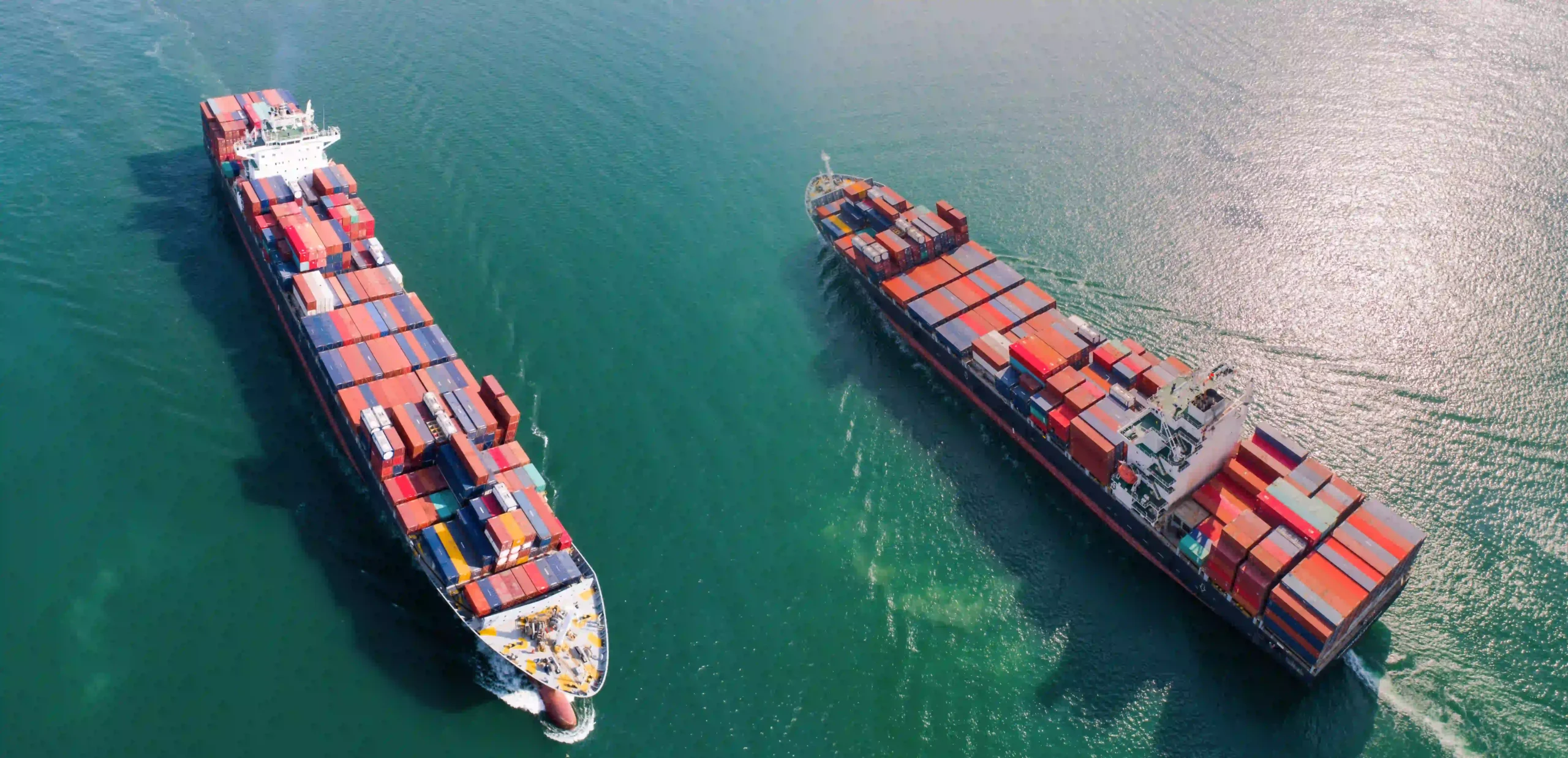4 Apr 2023
Impact of the Inflation Reduction Act on the US Economy
Due to a number of circumstances, including Covid-19 supply disruptions, rising oil and food prices, and Russia's conflict in Ukraine, the world is currently suffering from high inflation. Likewise, the United States (US) is currently dealing with excessive inflation brought on by the inability of supply to keep up with demand and the increase of production costs. Following the Covid-19 pandemic, federal measures assisted in restoring employment and household income, but inflationary pressures also emerged. In attempt to combat such inflation the Federal Reserve has raised interest rates several times and the Congress passed the Inflation Reduction Act (IRA) which is considered an answer to some of the biggest challenges facing the country and a crucial step toward creating a more resilient and inclusive economy. The following will discuss the impact of the IRA on the US economy and evaluate its effects since its enactment.
26 Mar 2023
Rise of GCC Sovereign Wealth Funds: Magic Wand?
A sovereign wealth fund is a state-owned investment fund comprised of money generated by the government, often derived from a country's surplus reserves. Over the last decade, sovereign wealth funds (SWFs) have sharply grown; this is particularly the case of the Gulf Cooperation Council (GCC) SWFs who have invested worldwide with a special focus on developed countries, and whose accumulated assets have dramatically increased in the last ten years due to several factors. Therefore, it is necessary to study the characteristics of GCC SWFs, as well as to assess the factors behind their growing role and their future trends.
15 Mar 2023
BRICS’ Future Currency and the Global Financial System
Alexander Babakov, vice-president of the State Duma, stated on Thursday, March 6th, that the BRICS (Brazil, Russia, India, China and South Africa) alliance is working on creating its own currency and will submit proposals at the organisation's upcoming summit in August in South Africa.
The declaration was not only the culmination of cooperation efforts between the fifth emerging economies to preserve their position in the global system after Western powers worked since the 1990s to prevent them from assuming their positions in international economic organisations — especially the World Bank and the International Monetary Fund. However, it also raised many questions about the impact of the new currency on the global financial system, particularly given the strength of the five economies in the international arena and the alliance's stated intention to expand to include additional developing nations such as Saudi Arabia, Iran, Egypt, and Bangladesh.
This paper tries to predict the consequences of creating the new currency on the structure of the global financial system and its impact on other major currencies, considering the European Union's experience in creating the Euro.
7 Mar 2023
Ramifications for the Global Economy in the Case of a China-Taiwan Conflict?
China believes that Taiwan is an inalienable part of China and that Taiwan is part of its territory and routinely threatens to invade it to prevent Taiwan's formal independence. On Saturday 18th of February 2023, China's top diplomat Wang Yi said, at the Munich International Security Conference: "Taiwan has never been an independent country, nor will it be an independent country in the future. This is the status quo of the Taiwan issue”. As greater and more aggressive Chinese military exercises outside Taiwan become the norm, there are rising concerns of a full-blown cross-strait crisis with severe military and far-reaching economic repercussions for the global and Chinese economy. A China-Taiwan conflict will have a worse effect than the Russia-Ukraine war given the economic and industrial power that the two countries possess.
28 Feb 2023
China’s Zero-Covid Policy: Impact on the Chinese Economy
During the initial outbreak of Covid-19 in 2019, China stunned the international community by confining more than 11 million inhabitants of Wuhan to their homes. Since then, China has maintained the same practises, including them into its Zero-Covid policy. Border controls and lockdowns on the coronavirus have disrupted supply chains and slowed the flow of trade and investment, causing China’s economy to slow down. China has adhered to its zero-tolerance approach to the virus for nearly three years, despite the fact that this policy has caused immense economic harm and public dissatisfaction. Therefore, it is important to shed light on the effects of the Zero-Covid policy on the Chinese economy and the measures that need to be undertook by the government after its abandonment of the policy to revive its economy.
25 Feb 2023
Radical Transformations: Repercussions of Russian Oil Price Cap on Global Energy Trade Paths
In February 2023, the European Union (EU) agreed to set a price cap on Russian refined oil products at $100 per barrel. The EU also set the price cap on Russian crude oil at $45 after setting it at $60 per barrel in cooperation with the Group of Seven (G7) countries in early December 2022, according to a periodic review every two months.
The European decision aims to control energy prices generally and stop price fluctuations that have affected global markets since the Covid-19 pandemic and the following events, particularly the commodity supercycle and the Russian-Ukrainian war. Furthermore, the Europeans aim to cut off the funding sources from the Russian federal budget that funds the military operation in Ukraine. In 2021, Russia exported oil worth around $212.4 billion of its $492.3 billion total exports to the rest of the world.
In response, the Russian government issued a decree on December 28, 2022, prohibiting the export of crude oil and petroleum products to countries with imposed price caps. Europe is the third-largest oil importer in the world after China and the United States. Conversely, Russia ranks first on the list of suppliers to the European continent while ranking second worldwide regarding oil exports. Therefore, we track in this article how the price cap decision may alter the global energy transmission paths.
20 Feb 2023
Return of Protectionism: The US War on Globalization
Following the First and Second World Wars, the world order was founded on open international trade to ensure peace and security. Where the major powers realized that the two world wars occurred as a result of international competition over resources and markets, and therefore the Bretton Woods system came intending to establish a stable international monetary system that encourages global economic cooperation. Its main objective is to avoid the destabilising effects and competitive devaluations of currencies that were used in the period between and before the two world wars, to provide a framework for the free international exchange of goods and services, and to promote economic growth and stability in the long term.
14 Feb 2023
New Gulf: Russo-Ukrainian War and Emergence of North Africa’s Energy Sector
The Russian-Ukrainian war created significant uncertainty in the world’s energy markets and disrupted trade relations between the second-largest energy exporter and the second-largest energy importer. This disruption strongly signals a shift in the global energy supply chains, as indicated in a previous analysis. In the short term, Europe is expected to turn to the Arab Gulf to fill the gap left by the lack of Russian energy products.
However, in the long term, Europe will need to find sources that are highly sustainable, affordable, and less harmful to the environment than oil. This is because petroleum usage is incompatible with the European Green Deal (EGD), which aims to achieve carbon neutrality for the entire European continent by 2050. Furthermore, the EGD seeks to reduce greenhouse gas emissions from the mainland by around 55% below 1990 levels by 2030, which is unattainable with continued oil usage.
As a result, Europe will turn to its neighbours, particularly those in North Africa, who possess a variety of energy sources that can help it achieves its objectives and guarantee energy sustainability. Thus, this article explores Europe’s energy requirements and assesses the potential of North Africa’s energy resources to meet these requirements.
